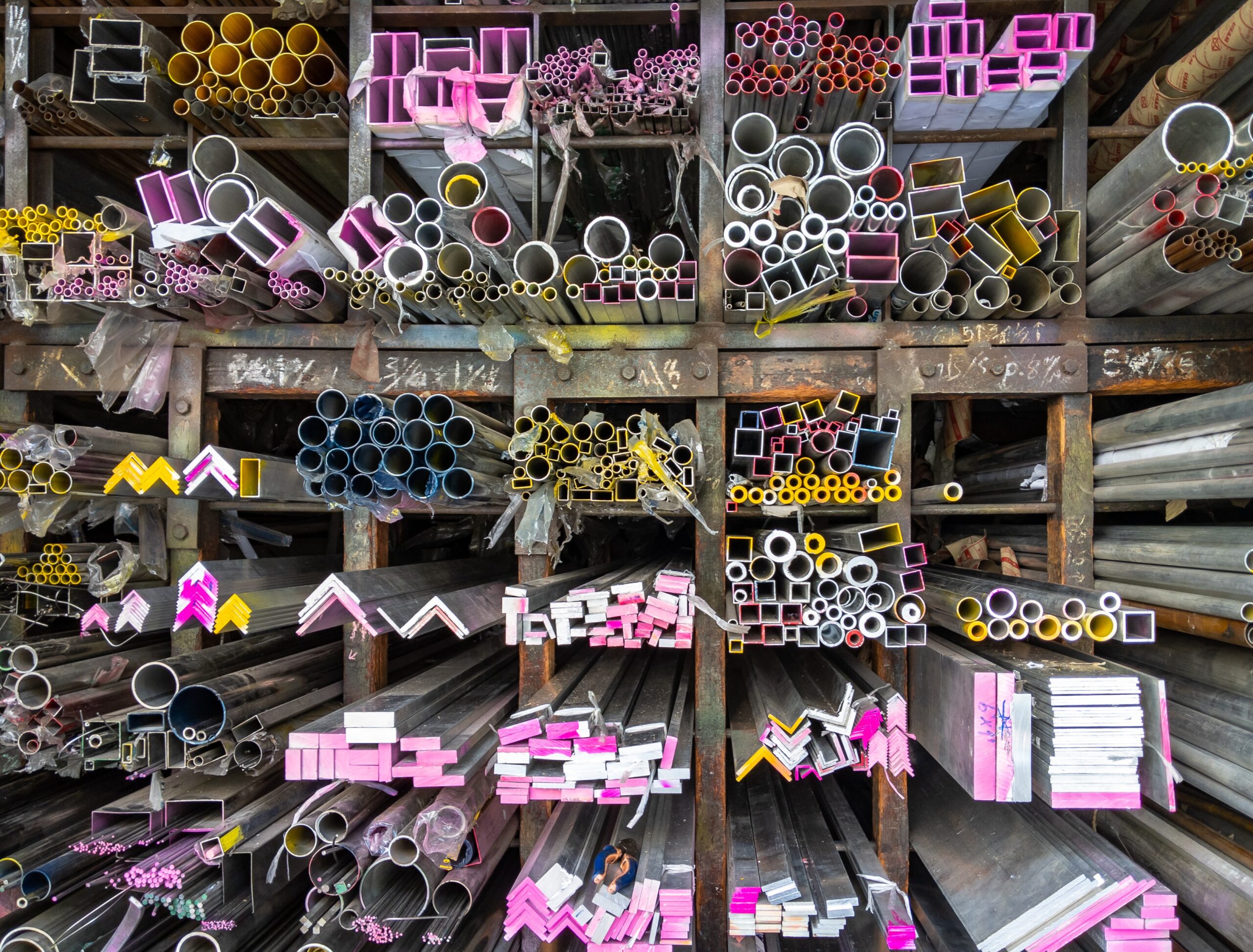From survival to flourishing
Whether you have been down and out, or what used to be called a ‘high functioning’ addict, you will have been used to employing some form of manipulation, denial or downright deceipt. Probably a mixture of all the above. These things become a lifestyle and ensure that anything you build will not last.
Because you have taken the building Recovery approach you will now have planned your recovery. Thought about where you want to live and what design is good for you. You have thought about the cost and made sure that you are willing to pay it. You have built a solid and stable foundation that your new home will stand on. Now it’s time to think about your approach to life and how that has shaped your relationships.

There is always some form of deceipt in any addictive lifestyle. It’s part of secrecy and the need to keep people out, as well as the security acheived when we know something they don’t! It’s now time to consider the nature of this strategy. I would basically describe it as a survival strategy. Now there’s nothing wrong with that. If you hadn’t survived you wouldn’t be reading this and you couldn’t build anything! But we survive in order to flourish and the ground floor is all about learning how to flourish as part of a normal lifestyle. So how do we shift from survival to flourishing? We use the right materials to build with.
What materials will you use?
When we think about a building we think about something that will last, something that will shelter us in good times and bad. This means using the best materials we can afford. Your aim is to build something that will last a lifetime. Something that you are happy to live in. A home that is fit for purpose. This can only be done with the best materials.
Appearance over Reality
Your addicted lifestyle meant using survival techniques a lot of the time. This meant lying and trying to cover things up when your addiction got in the way of what you had promised someone you would do, or somewhere you would be or something you would pay. This is all part of a survival approach and is very short term. It does not build good relationships. It does not really build anything.

As we move from a survival strategy to a flourishing strategy we must use better building materials. I want to look at some of the most important materials now.
Honesty, Integrity, humility, vulnerability, boundaries and relationships. These are character qualities but in this approach we think of these things as building materials. The better the materials, the better the build!
But first the question, what is it that attracts us to poor quality materials? Obviously it’s the cheaper price. When you skimped on honesty, when you didn’t consider integrity. When you were too afraid to show vulnerability. When you didn’t build good relationships by managing the boundaries. All these times added up to a poor standard of building and so when the bad weather came, the whole thing would come crashing down.
These things can be grouped together in this way, appearances over reality. When we use poor quality insulation in the walls no one will see it. When we use cheap wiring, wood and other materials that are not the required strength or thickness, we are more interested in appearance over reality.
The reasons you did this are both complex and simple. In that the psychiatrist would cite narcissistic tendency (complex) and the people who know you would say you are a liar (simple). The point is that we want to change to a flourishing strategy, so how do we need to do things differently? Number one advice, avoid extremes!
People with addictive tendencies tend to be people of extremes. More is always better, right? So your first reaction tends to be to change everything, now! Try to avoid this. Think about a dial, say to a stereo player or to the central heating. Think about turning that dial 5% more. That’s right. 5% is a good shift. And there are two reasons for it not being more. First you don’t want to over challenge yourself. Second you want to be fair to people that know you. 5% means that they wouldn’t be too shocked by the changes.
Ask yourself, could I be 5% more honest with this person? Could I be 5% more vulnerable in this relationship? Could I be 5% more direct with this situation? All these changes help you in your aim to build well and to build substantially.
What are my challenges?
Everyone is unique! Your challenges will be subtly or majorly different to others. So there is no general fit here. I just want to make sure that you are able to discern what your particular challenges are. And that you know the reasons why you might find this difficult.In your addicted lifestyle, you developed the belief that suffering of any kind, even ordinary discomfort, was to be avoided. And worse, that it was dangerous to your health! Neither of which was true. No matter what drug you took or what behaviour you acted out with, it became a substitute for feelings. It helped you to avoid the pain of growth.
It’s time now to accept the idea that challenges are good for us. That they help us to grow. But that they are also uncomfortable and that discomfort is a part of normal life.
For some the greatest challenges are honesty. This is often because they are used to the security of knowing something others don’t.
For some the greatest challenge will be authenticity and vulnerability. This is often because they have a history of ridicule or physical abuse. They have learned not to let others have anything that they may use against them.

Check your relationships room by room

The rooms you have designed offer you a way of looking at your relationships in a more focussed way. By placing each relationship in a particular room you are setting a context for the relationship and, as a result, a way of assessing the quality of the relationship.
When you place a person in a certain room that room sets certain expectations of that relationship. It helps you think about what the relationship should include and not include.
So the initial question is “is this person in the right room?”. If you have the wrong room then the relationship will always be problematic. It may surprise you to find that you have people in the wrong room, but it’s quite common.
This is often found in the rooms of friends and work for instance. Sometimes our relationships need to be divided in more subtle ways, such as mutual intrest aquantances, friends and close friends.
Once you have our rooms designed you can then make sure you have the right people in the right rooms. Only when you have the right people in the right rooms can you properly understand and then apply the idea of boundaries.
Let’s do that together now.
Are your boundary fences in the right place?
Boundaries are a whole subject in themselves. I want to keep this idea simple and powerful for you. There are only three possibilities here. Number one – Your boundary is in the right place. Number two – Your boundary fence is too far from your house. Number three – Your boundary fence is too close to your house. Let’s assume that option one is fine and needs no further scrutiny. We’ll take the other two one at a time.
Option two – your fence is too far away from your house. This means that you are expecting someone to mow your lawn! In practice this means that you are not taking enough responsibility for your stuff, or you are not recognising what is yours and what is not yours. When you move your fence a little further from the house you may experience some reaction from your own ‘parts’ or from the other person in the relationship. Remember, there’s a lot of history here.

Option three – your fence is too close to your house. This means that you are mowing someone elses lawn. In practice this means that you are expecting yourself to take responsibility for something that is not yours. Again, when you move the fence to the right place expect some reaction from your own ‘part’, which may expect you to keep doing what you have always done. Or the other person, who may well expect the same.
In this context we are thinking of the people in your life in terms of developing relationships. This involves some risk. When you put your boundary in the right place it could mean the end of that particular relationship. When you put your fences in the right places you will be changing the structure of your social life. It could mean difficulties at work. This is one of the main challenges of moving home.
Which rooms am I neglecting?
Remember when you designed your floor plan for your recovery building? Well don’t neglect this idea. You have a plan, now stick to it. Check your plan against your lived experience. Are you spending the right amount of time in the right rooms? Or are you tending towards the old building floor plan? Constant scrutiny on this will serve you well over time.
Am I building too fast or too slow?

I’ve touched on this in the ‘NORMALITY‘ Blog but just to underline it’s importance let me go over the main points. This is all about maintaining the level of challenge to yourself. In order to keep growing and developing you must keep the challenges to yourself at the right level. Not too easy but not overwhelming. In our metaphor we think of this as building too fast or too slow.
If you are in your second year of recovery but have not yet developed relationships with your close family or have not yet applied for that job etc etc. Then you are building too slowly. If you are in your first year of recovery and have started your own Company and hired dozens of people to work for you, then you are probably building too quickly.
Of course this is a general assessment and cannot take into account your personal abilities and history.









0 Comments